Synology DS218+ vs QNAP TS-251B NAS
Buying your first NAS is always going to be tough. If you are new to this kind of technology, it can be pretty confusing and it isn’t helped when some NAS drives arrive at very similar price points and seem near identical at a casual glance. Two very popular devices in 2019 are classic examples of this, in the Synology DS218+ and QNAP TS-251B. These two NAS released around 1 year apart seem to feature very similar internal hardware, but have a very different attitude to other things that are harder to compare. The typical design of the Synology NAS range is one of sharp, modern and understated externals, with less emphasis on local connectivity, focusing heavily on network and internet access. Whereas the QNAP design across their ranges are less uniform, with each series having its own particular chassis design. This is further emboldened with a better-preferred coverage of local level access (with HDMI, more LAN ports and audio In/Out), as well as the network and internet access too. In case those differences don’t it hard enough to narrow down your choice, the typical Synology Vs QNAP price model goes out the window, with both units arriving at around £250 (without media or local tax in your region), so you cannot even just ‘pick the lower price one’. Choosing between these two popular NAS drives from QNAP and Synology can be tough, given they are designed to give you a great hardware+software representation from both brands. So, let’s take a look at the hardware and software included with these NAS to help us choose between the Synology DS218+ vs QNAP TS-251B NAS in 2019.
Synology DS218+ vs QNAP TS-251B – Who Is a 2-Bay NAS for?
Ever since the early days of network attach storage being more widely available to home and small business users, the importance of data protection from hardware failure has been paramount. Everything from the pictures of your family that are figuratively AND literally priceless, to the client and business data that your company is built on needs to be protected. In answer to this, a system called redundant array of independent disks (or RAID) was devised. Although it can also be used to improve performance, it is more often used to allow you to have a safety net in the event of a hard drive breaking. As useful as this is, it means that you need more than one hard drive in operation (to supply sufficient space for the safety net/redundancy) and it’s because of this that a 2-Bay NAS is so popular. It gives you the bare minimum levels of RAID (RAID 1, or ‘mirror’), as well as a good level of storage space. 2-Bay NAS such as the TS-215B from QNAP and the DS218+ from Synology are ideal for those that want:
- Those who plan on storing irreplaceable data on the NAS – Photos of family, private events, data deleted from other devices to make room
- Client/Business data that needs to be retained for insurance of security reasons
- Surveillance NAS use to ensure that recorded data is not lost
- in the case of a RAID 0, those looking for combined hard drive storage spaces that are greater than any 1 hard drive. eg 16TB is currently the biggest HDD you can buy. 2x 16TB in a RAID 0 = 1 32TB Storage Space
But RAID 1 in a 2-Bay means you will only have as much space available AT MOST as the biggest drive available, i.e. 2x 10TB HDD in a RAID 1 = 10TB Space Available at most.
| Model | Synology DS218+ NAS | QNAP TS-251B NAS |
| Price | £250+ ex.VAT | £250+ ex.VAT |
| Where to Buy |  |
 |
| Model | Synology DS218+ NAS | QNAP TS-251B NAS |
| Price | £250+ ex.VAT | £250+ ex.VAT |
| Where to Buy | ||
| CPU | Intel Celeron J3355
Dual Core 2.0 burst up to 2.5 GHz |
Intel Celeron J3355
Dual Core 2.0 burst up to 2.5 GHz |
| Memory | 2-6GB DDR3 | 2-8GB DDR3 |
| LAN | 1x LAN | 1x LAN |
| Ports | 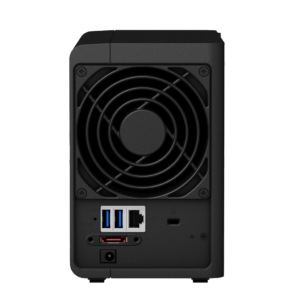
3x USB 3.0 eSATA |
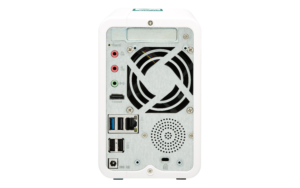
2x USB 3.0 and 1x USB 2.0 1x HDMI 1.4b, Audio In/Out PCIe Slot |
| Expandable | No | Yes, to 10 Bays Max (UX-800P) |
| Chassis | Plastic | Plastic |
| PSU (Watts) | 60W | 65W |
| CCTV Cameras | 25 Cameras | 30 Cameras |
| Warranty | 2 Years | 2 Years |
Straight away, the specifications are distinct in how each brand has spent its investment. Synology invests HEAVILY in its first-party software, meaning that Diskstation Manager (the OS on the unit to put it plainly) will run all those 1st party Synology applications very smoothly. Whereas, QNAP (although they have a smooth OS) have prioritized the hardware more, with better expandability and access options, as well as better support of 3rd party apps, along with their own software too. The result is that, although both give you alot of functionality and an easy/smooth user interface, the Synology software is jsut that pinch bit better and the QNAP hardware is more accessible.
Why Should You Buy the Synology DS218+ NAS?
If you have little or no experience of IT, networking or data storage, you are going to find the Synology DS218+ a much, MUCH more user-friendly experience. It is designed to be a much more straight forward and idiot-proof setup – even going as far as to let you set the device up from scratch with a mobile phone. With the DS218+, you have a large number of applications in the Synology catalogue with which to take advantage of your data. As you would expect from a brand that investing in software the majority of the time, there is a very diverse bunch of applications included with your purchase that rival many 3rd party applications you might use in conjunction with 3rd party cloud online storage till now. Such as:
Synology Drive – An alternative to DropBox and Google Drive for 1-stop access to all file types
Synology Office – Alternative to Google Docs to open .docx, csv, .xlsx, PDF and more
Synology Chat – An alternative to Skype and Whatsapp for the NAS for communication between users for PC/Mac/iOS and Android
Synology Moments – An alternative to Google Photos and Facebook for photo collections, facial recognition, deep learning for tagging photo subjects and more
Synology Video, Photo and Music station – alternatives to all your media players, allowing DLNA network access and internet access on mobiles, TVs, consoles, Amazon Alexa, Chromecast and more
Those are just a few of the home ones and there are more advanced applications available too in the surveillance Station CCTV app, the Active Backup Suite for multi-device backup control, Synology Mail and Calendar (working with the other apps) to allow unparalleled file sharing internally and externally. As well as the support of 3rd party applications such as Plex Media Server, Emby and more. However, it is always worth remembering that you will have to conduct all access to the NAS via network access over 1Gbe and/or your internet connection. Most people wanting a ‘smart’ home or low wire/wireless sharing will not care. Also, the Synology DS218+ also features a great fluid RAID system in SHR (Synology Hybrid RAID) that allows you to add bigger drives later without breaking your RAID, as well as BTRFS as a file system choice, that features improved data integrity checks, file self-healing and background snapshots.
Why Should You Buy the QNAP TS-251B NAS?
It will come as no surprise that if you are interested in hardware, the QNAP TS-251B is going to give you alot more to get excited about. That isn’t to say that the software is not worthy of note, there is definitely some great software on the QNAP QTS software – in many cases, alot more innovative that what you find on the Synology DSM platform. Such as:
- Much more controllable Media Management applications in their Photo, Video and Music Station applications
- QuMagie App gives you greater facial and subject recognition with deep learning than moments
- Better DLNA supported apps than Synology (Roon server, Twonky, KODI unofficially, Cinema24, etc
- HDMI output allows you to use HD Station and use applications like Plex Media Server, RetroArch for Emulated gaming, Youtube and more directly
- QVR Pro and Surveillance Station let you use local network, internet and standalone HDMI Monitor+Keybaord+Mouse control on IP Cameras with more camera licenses included than on the DS218+
Bringing the focus back to the matter of hardware, it is worth really taking a moment to consider what the QNAP Hardware can do for you, that the DS218+ cannot. The HDMI port allows you to use the NAS in a much more direct access way, similar to other devices that use a visual output. Media enjoyment, sound, stand-alone surveillance, using the NAS as a PC – all of these can be done with the TS-251B HDMI enabled NAS. But what is more interesting is the PCIe slot that is on the TS-251B. Along with the improved expandability of memory upto 8GB and Storage upto 10 drives with the UX-800P, this PCIe slot allows you to add SSD caching slots to increase internal speeds, 10Gbe ports to increase external speeds or BOTH (with the QM2 series of upgrade cards). Ultimately this means that you can continue to evolve your storage in the years that pass in a way the DS218+ doesn’t give you.
But there is no avoiding that the QNAP NAS is jsut a pinch less user-friendly in the initial use and though anyone with even a vague amount of PC use will be able to navigate, those with zero knowledge will struggle. If you are shopping for a NAS, in the same way, your would shop for a new PC/Laptop (looking at numbers, facts, benchmarks, stats), then you will certainly prefer the QNAP TS-251B. However, if you shop for a NAS the way you shop for an iPad or Holiday (smoothness, fluidity, ease, frictionless), then you will prefer the DS218+ from Synology.
What Robbie Would Choose to Buy? DS218+ or TS-251B NAS?
Choosing between the Synology DS218+ NAS and the newer QNAP TS-251B NAS is more than about age and price, as regardless of the release, these devices have similar internal hardware, but very different perfect users! I often discuss that Synology Vs QNAP is very much like Apple Vs Android. Synology is designed around simplicity, ease and a priority towards their own software. With a Synology, the majority of the hard decisions (technical or otherwise) are hidden in the background, so you never see them. This leads to a much more ‘setup and forget’ architecture that brands like Synology, Apple and more love to promote – and buyers will often pay extra for this as they feel the money they spend now, they make back on saved time later. Whereas the QNAP NAS brand is more like Android. It is still very user-friendly, but more open configuration. You can have a much more bespoke and adaptable environment for your storage, as well as much more interesting and evolving hardware. This can lead to the occasional learning speed bump or the device asking your permission to do things, in a way the Synology NAS platform would steam ahead and do by default – how you feel about that sentence will largely dictate which NAS brand best suits you and which side you fall on will help you decide whether the easy-but-closed architecture of the Synology DS218+appeals to you, or the open-but-occasionally-unpredictable platform of the QNAP TS-25B is more attractive to you.
In short, if you prefer:
|
|
| You Should Buy the
Synology DS218+ NAS |
You Should Buy the
QNAP TS-251B NAS |
| Model | Synology DS218+ NAS | QNAP TS-251B NAS |
| Price | £250+ ex.VAT | £250+ ex.VAT |
| Where to Buy |  |
 |
🔒 Join Inner Circle
Get an alert every time something gets added to this specific article!
This description contains links to Amazon. These links will take you to some of the products mentioned in today's content. As an Amazon Associate, I earn from qualifying purchases. Visit the NASCompares Deal Finder to find the best place to buy this device in your region, based on Service, Support and Reputation - Just Search for your NAS Drive in the Box Below
Need Advice on Data Storage from an Expert?
Finally, for free advice about your setup, just leave a message in the comments below here at NASCompares.com and we will get back to you. Need Help?
Where possible (and where appropriate) please provide as much information about your requirements, as then I can arrange the best answer and solution to your needs. Do not worry about your e-mail address being required, it will NOT be used in a mailing list and will NOT be used in any way other than to respond to your enquiry.
Need Help?
Where possible (and where appropriate) please provide as much information about your requirements, as then I can arrange the best answer and solution to your needs. Do not worry about your e-mail address being required, it will NOT be used in a mailing list and will NOT be used in any way other than to respond to your enquiry.

|
 |
Do You NEED 5GbE NAS? (Or Should You Skip Ahead to 10GbE)
UGREEN DXP4800 PRO NAS Review
Minisforum G7 Pro Review
CAN YOU TRUST UNIFI REVIEWS? Let's Discuss Reviewing UniFi...
WHERE IS SYNOLOGY DSM 8? and DO YOU CARE? (RAID Room)
UniFi Routers vs OpenWRT DIY Routers - Which Should You Choose?
Access content via Patreon or KO-FI





Discover more from NAS Compares
Subscribe to get the latest posts sent to your email.


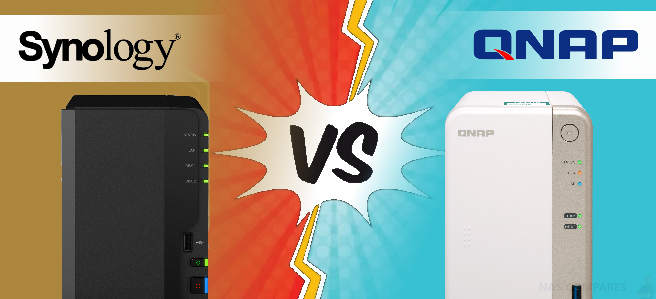
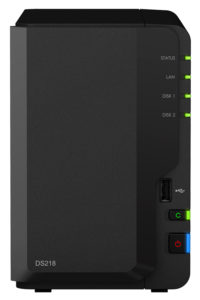
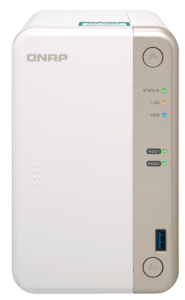
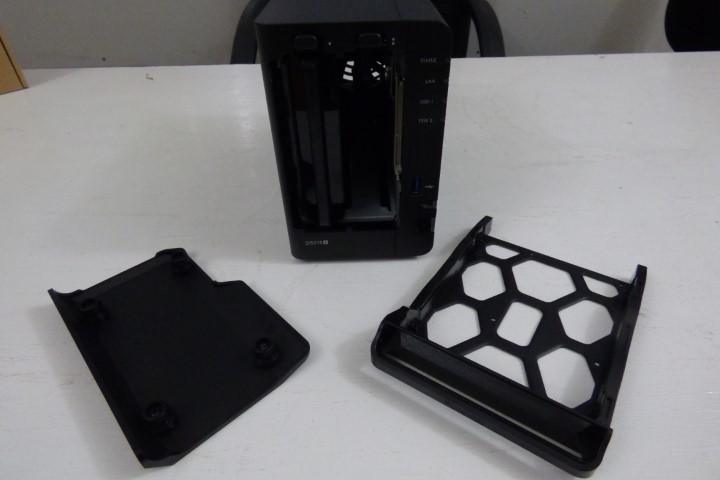
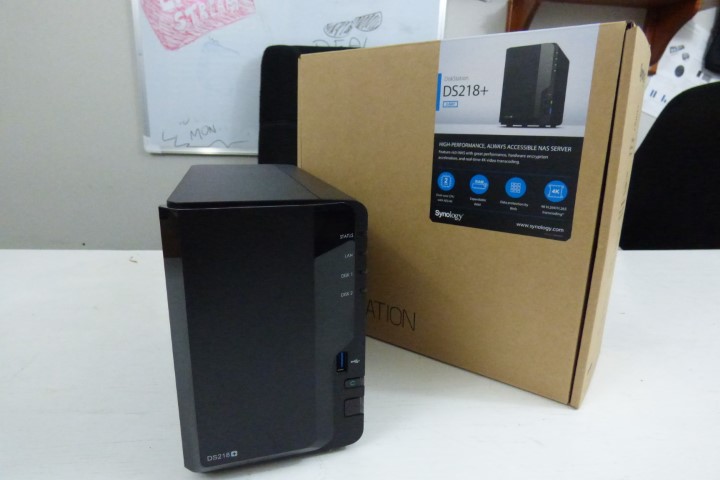
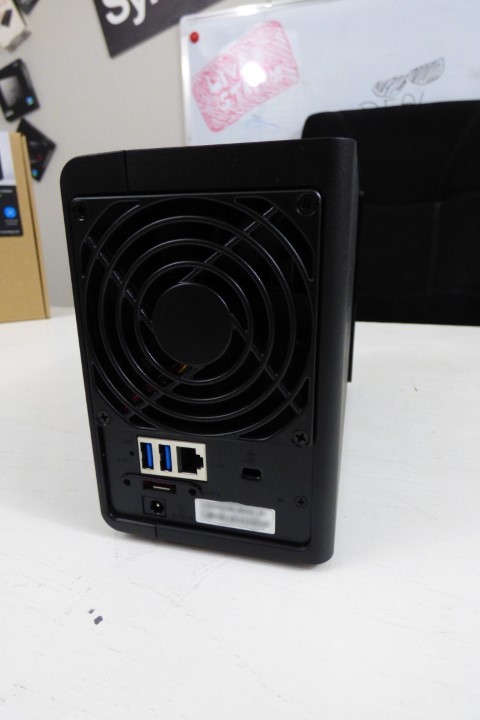
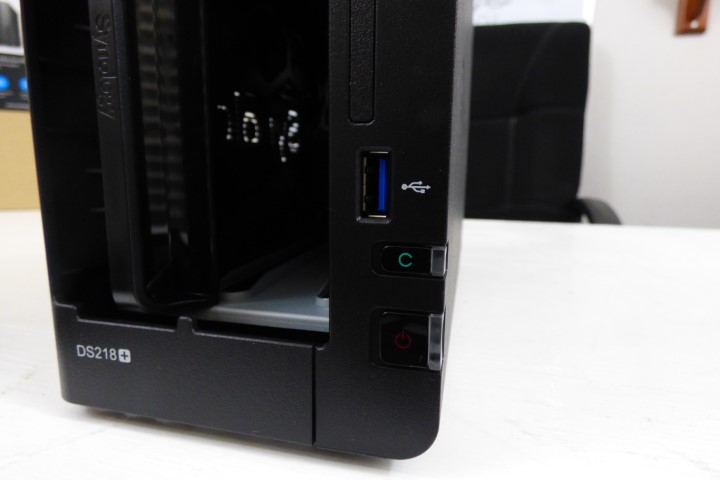
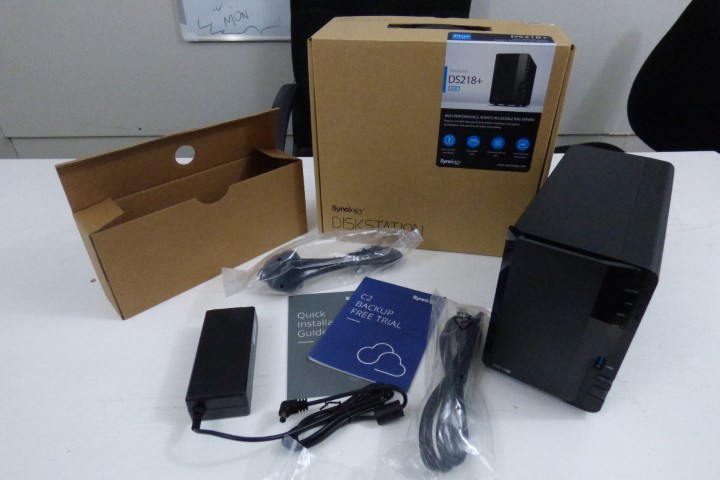
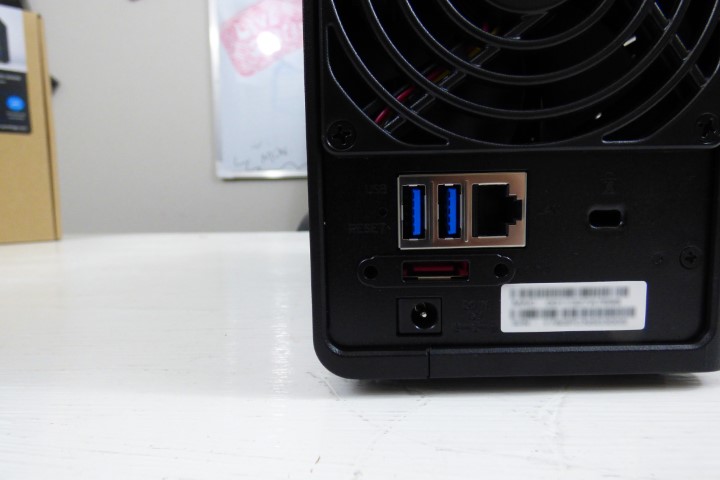
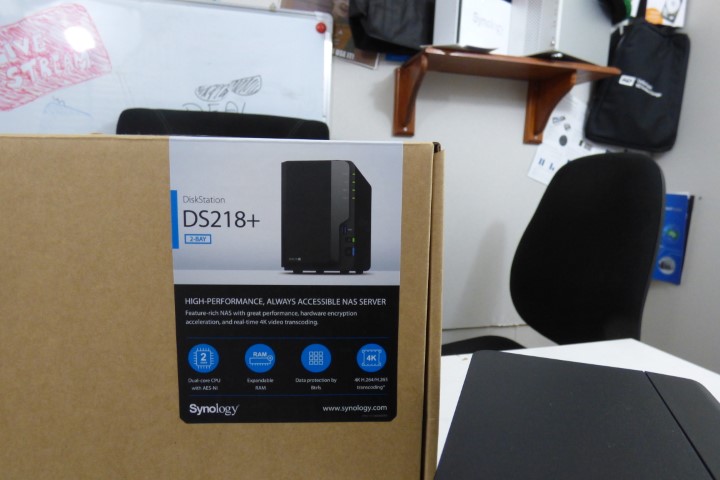
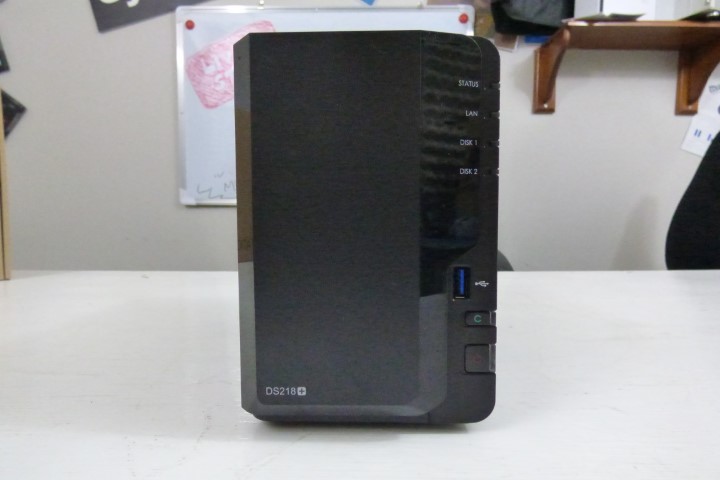
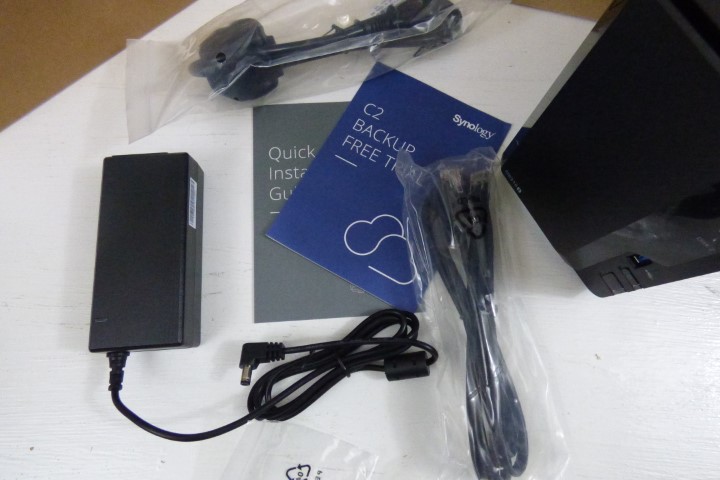
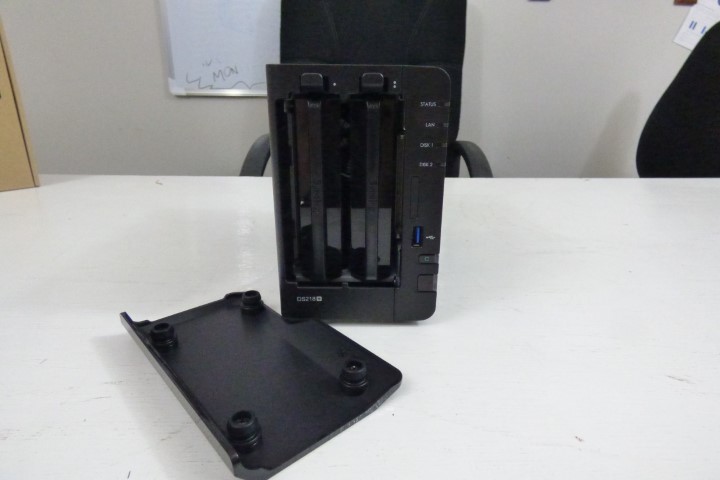
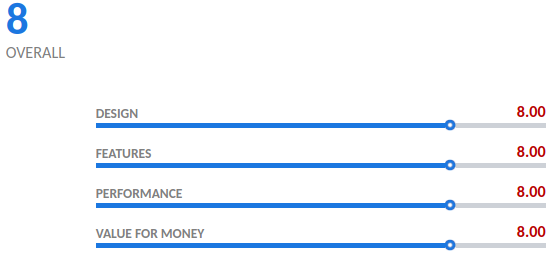
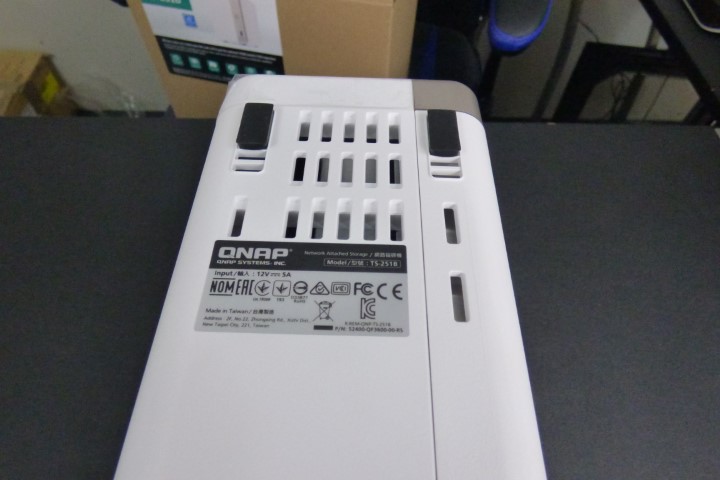
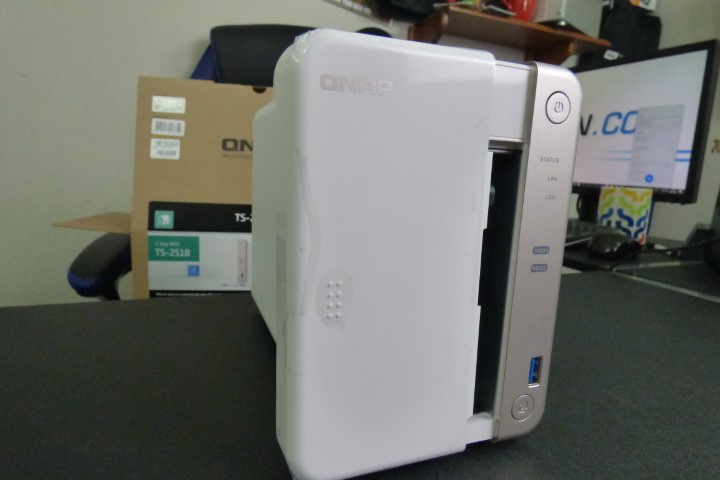
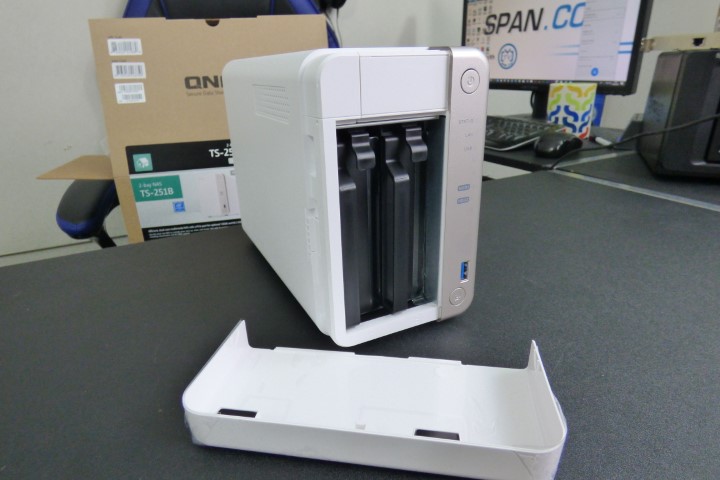
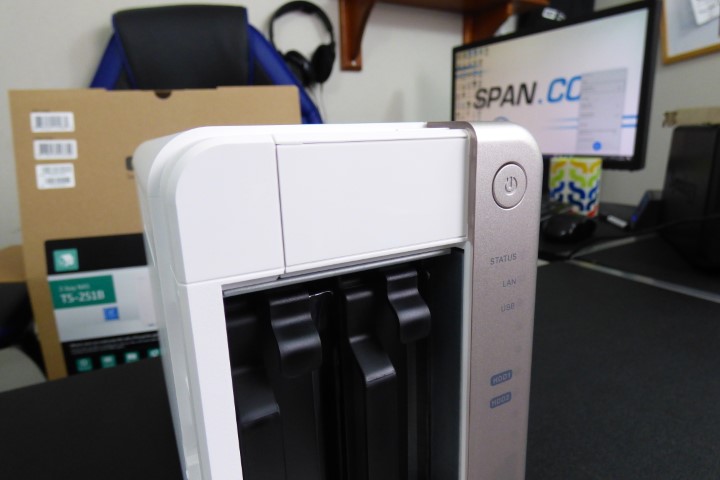
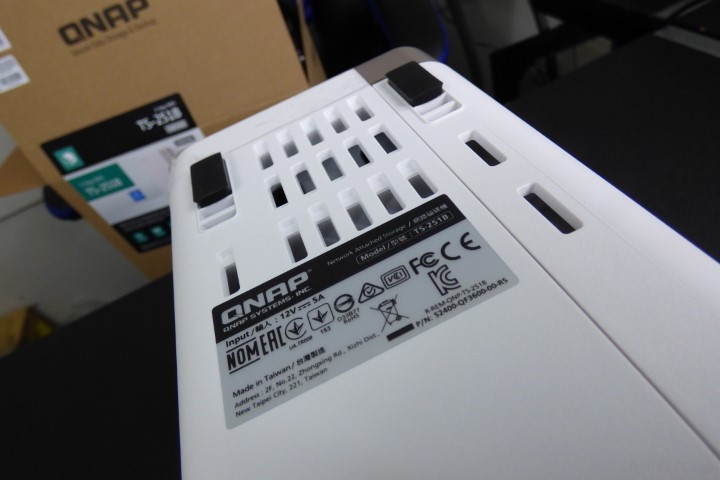
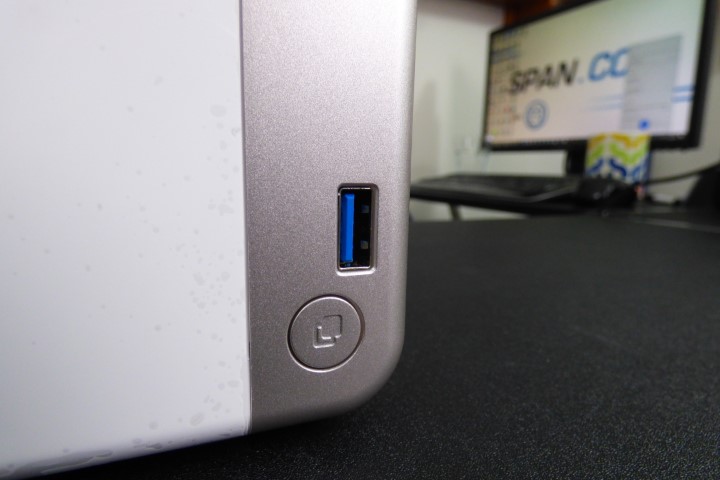
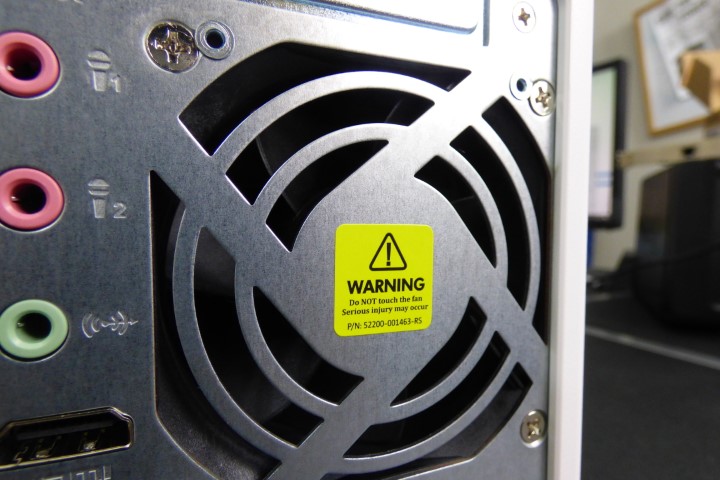
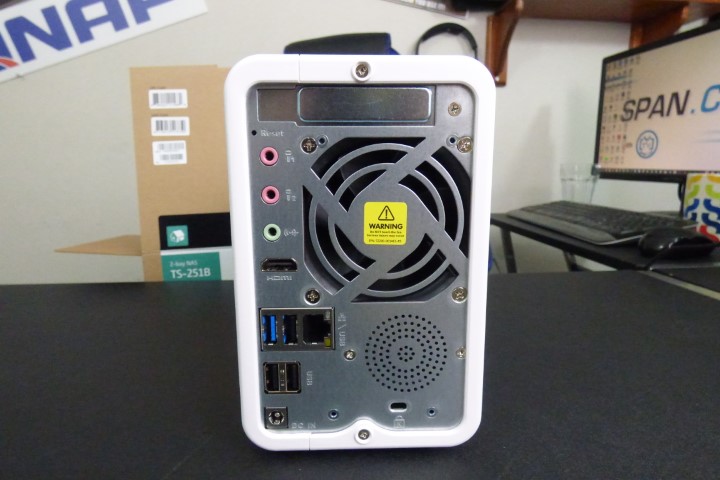
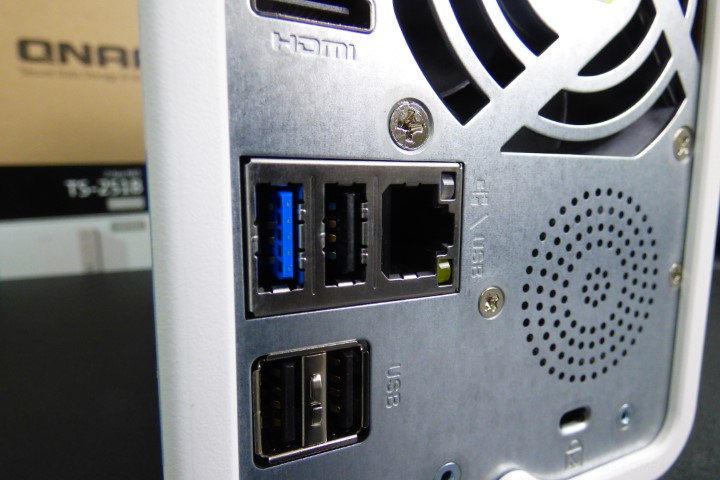
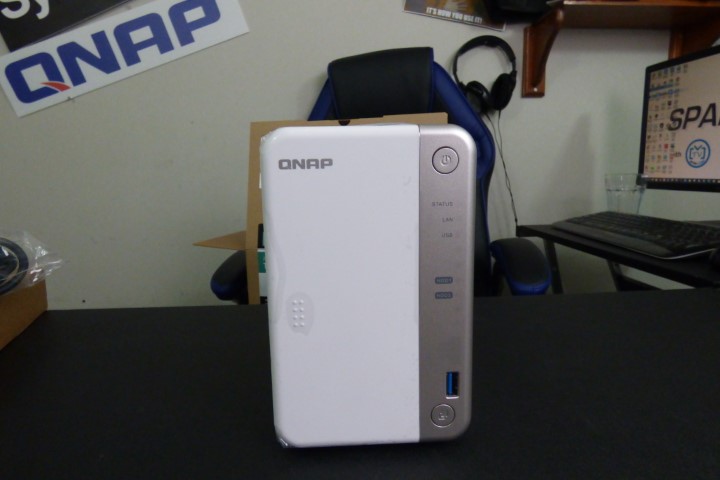
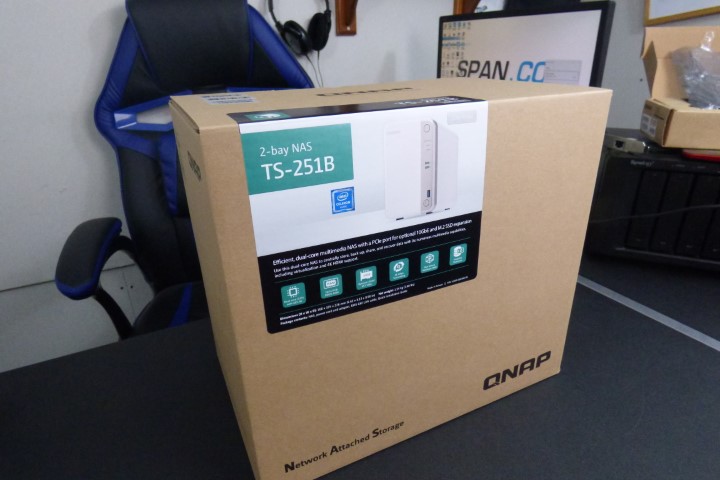
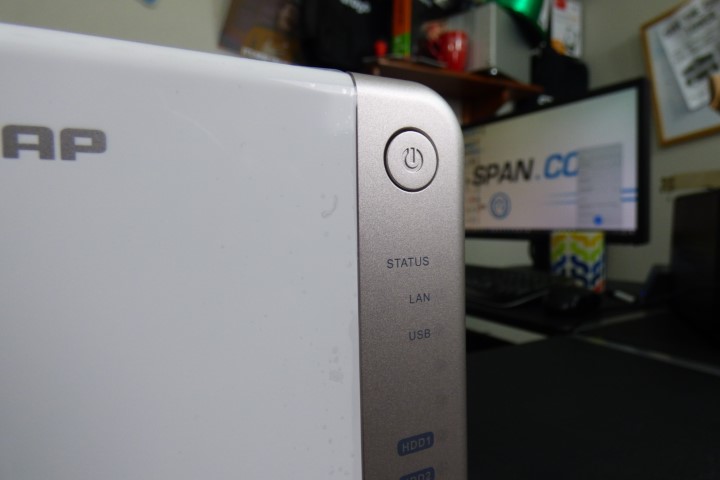
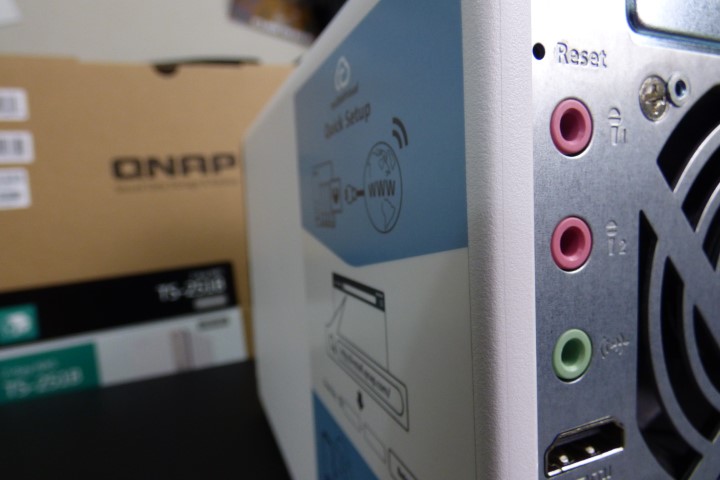
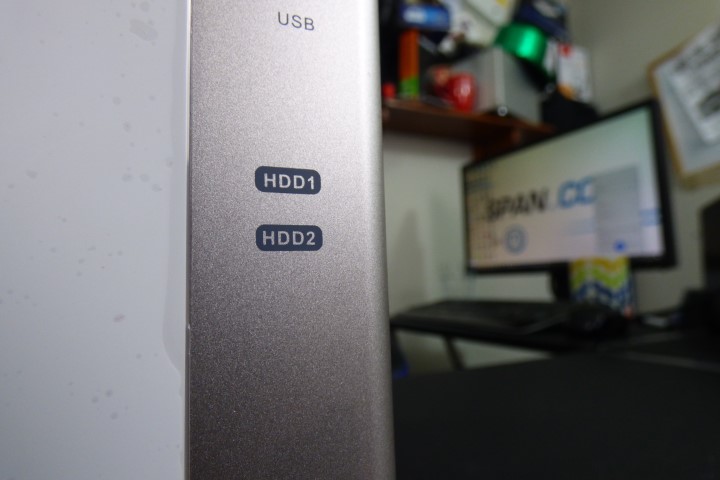
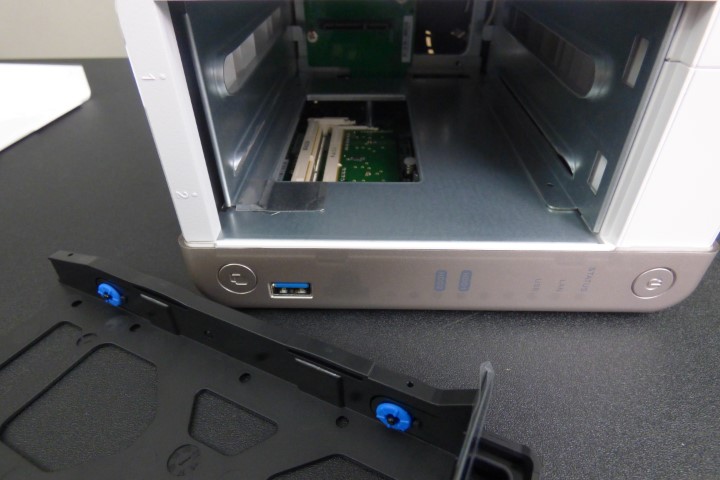
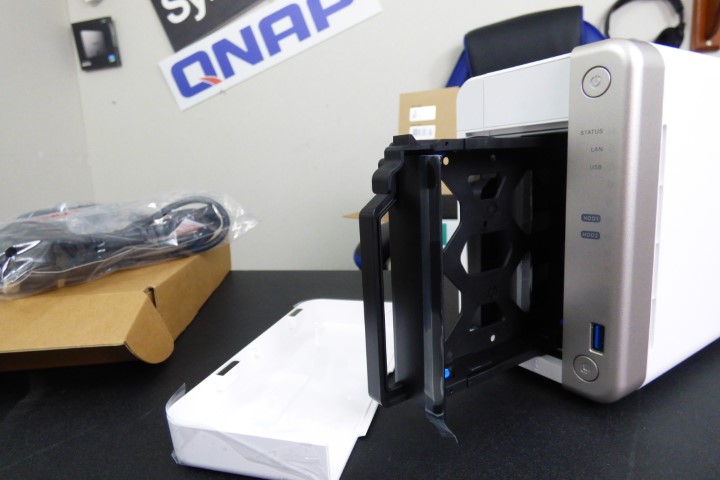
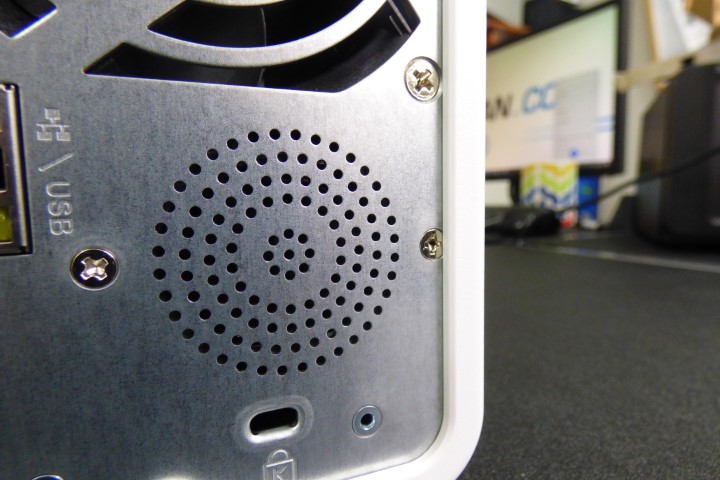
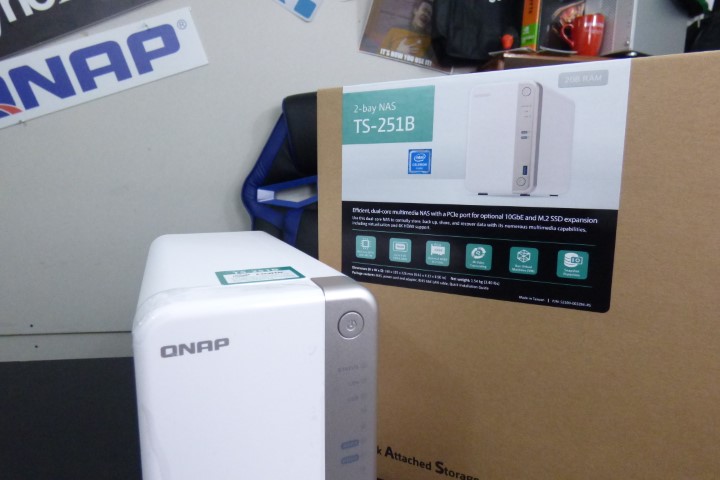
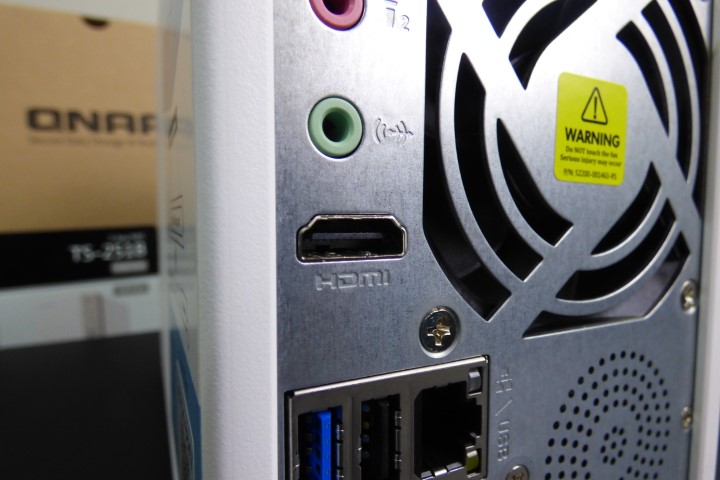
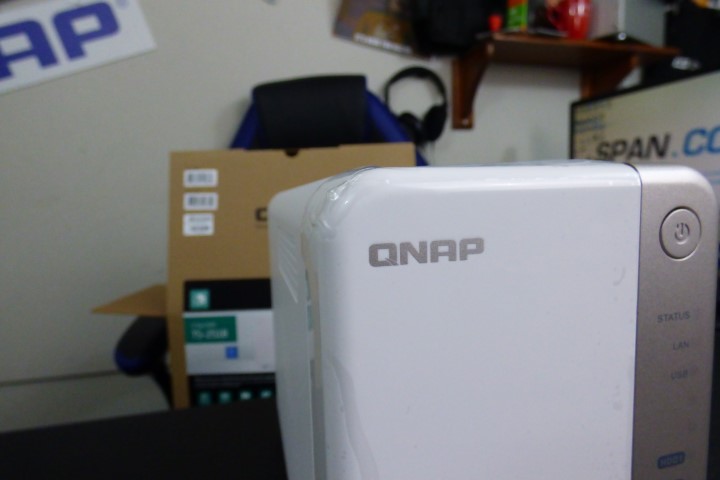
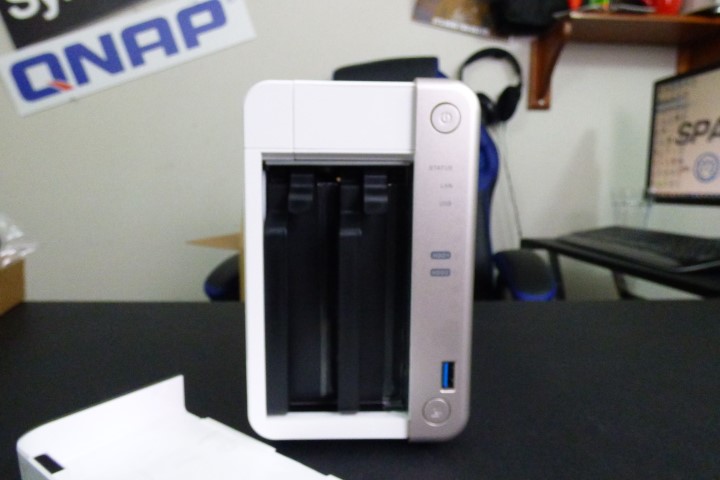
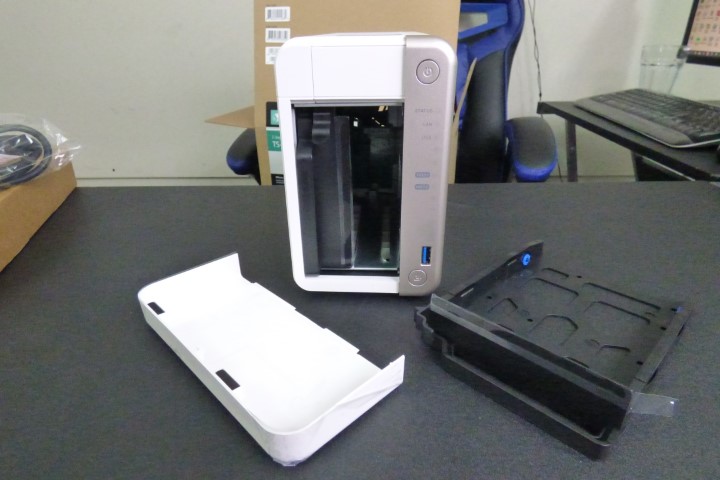
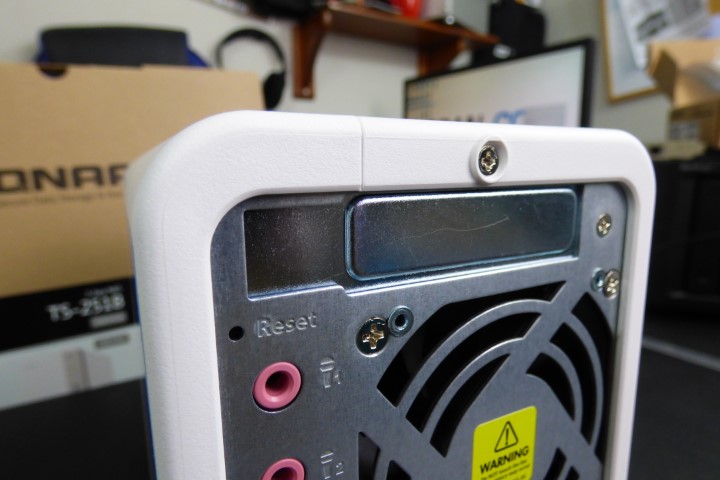
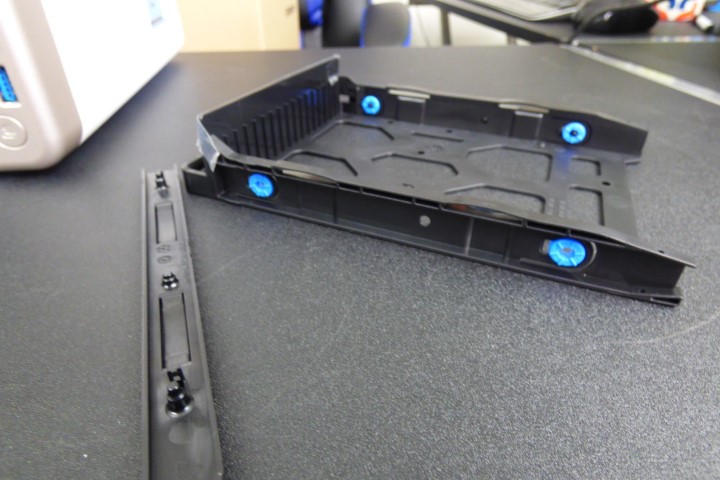
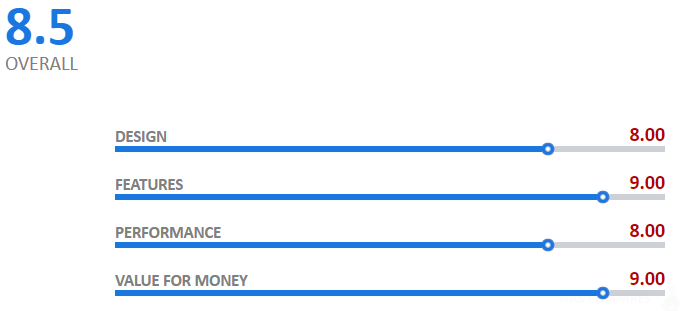



DISCUSS with others your opinion about this subject.
ASK questions to NAS community
SHARE more details what you have found on this subject
IMPROVE this niche ecosystem, let us know what to change/fix on this site